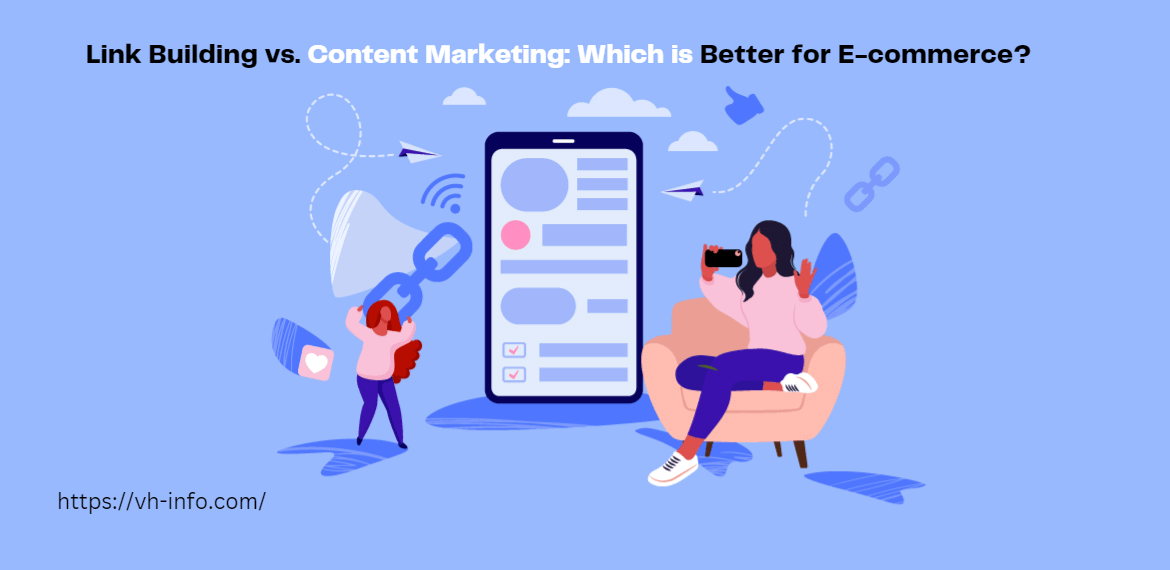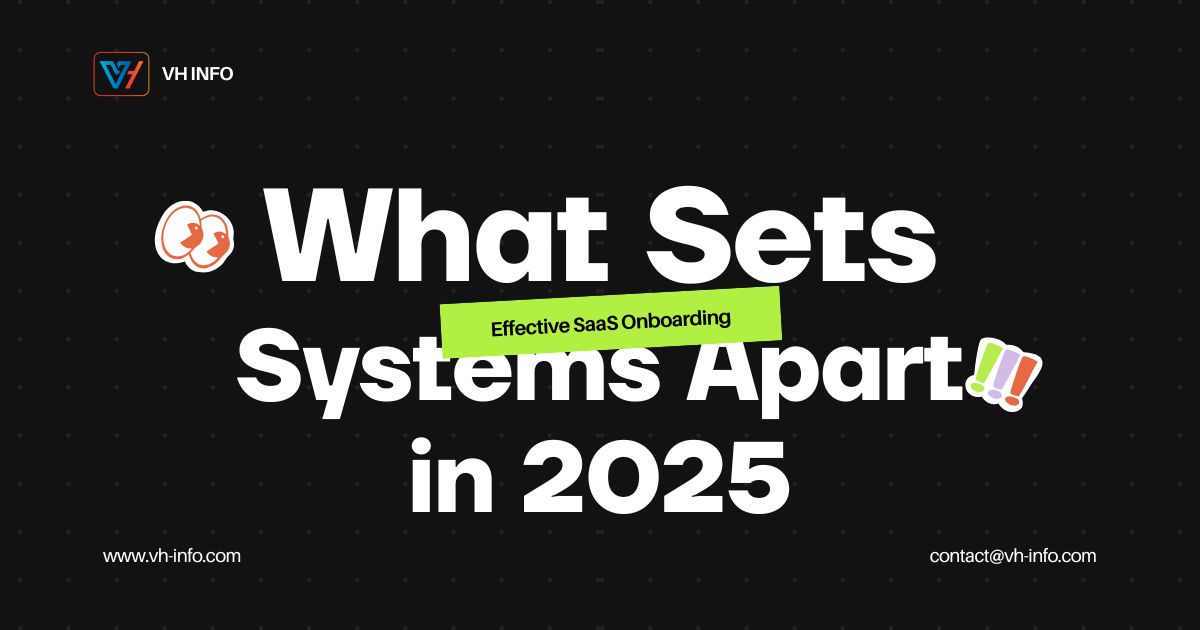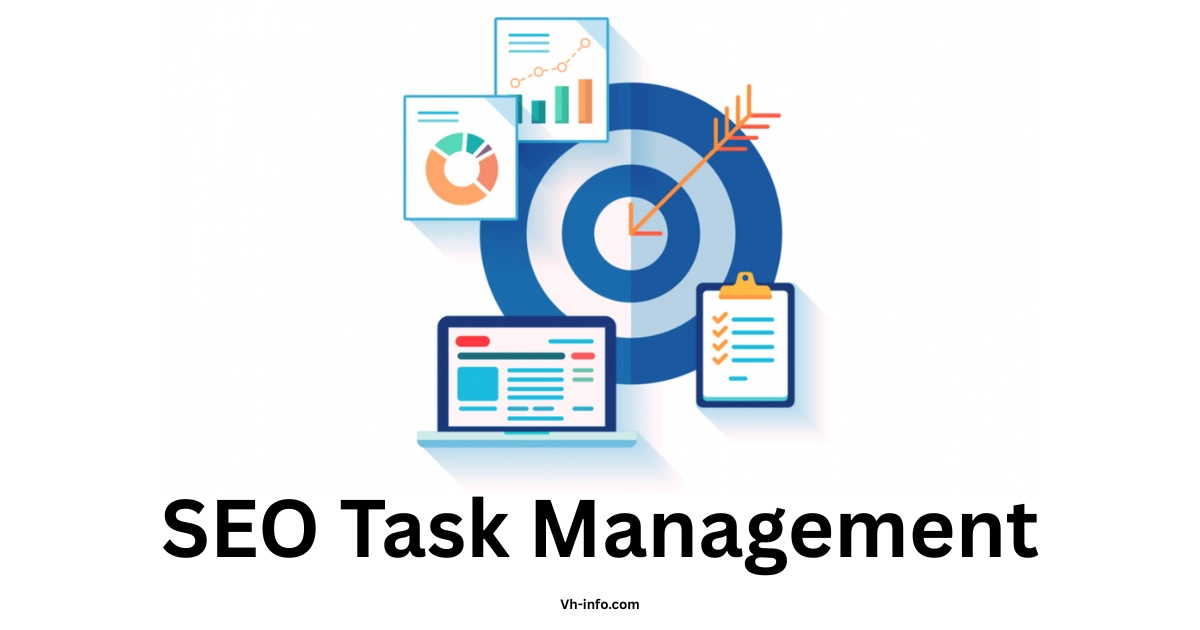1. Introduction to Link Building and Content Marketing in E-commerce
Link building and content marketing are two essential strategies used by e-commerce websites to increase their online presence and drive traffic to their website.
Link building involves acquiring backlinks to a website from other high-quality websites, whereas content marketing focuses on creating and distributing valuable content to attract and engage an audience.
In e-commerce, link building, and content marketing serve different purposes but are both vital for success.
Link building helps e-commerce websites improve their search engine rankings, as search engines view backlinks as a sign of credibility and relevance.
On the other hand, content marketing helps e-commerce websites build brand awareness and establish themselves as thought leaders in their industry.
While both strategies are effective, there are differences in their approach and effectiveness.
In this article, we will compare and contrast the effectiveness of link building and content marketing in e-commerce, analyze their impact on SEO, traffic, and conversion rates, and provide recommendations for e-commerce websites on which strategy to prioritize based on their goals and budget.
2. Link Building in E-commerce
Link building is an essential aspect of e-commerce that involves acquiring high-quality backlinks to a website.
Backlinks are links from other websites to a website; search engines view them as an endorsement of the website’s credibility and relevance.
In ecommerce link building helps websites improve their search engine rankings, drive traffic to their website, and increase their visibility in their industry.
There are various effective link-building strategies for e-commerce websites. One strategy is to create high-quality content that is shareable and relevant to the audience.
This can include blog posts, infographics, and videos that provide value to the audience and encourage them to share the content on their website or social media platforms.
Another strategy is to build relationships with other websites and offer guest posting opportunities.
This involves reaching out to other websites in the industry and offering to write a guest post in exchange for a backlink to the e-commerce website.
Overall, link building is an important aspect of e-commerce that can help websites improve their search engine rankings, drive traffic, and increase their credibility and visibility in their industry.
3. Content Marketing in E-commerce
Content marketing is a crucial strategy for e-commerce websites that involves creating and distributing valuable content to attract and engage an audience.
In e-commerce, content marketing helps websites build brand awareness, establish themselves as thought leaders in their industry, and increase customer loyalty.
Effective content marketing for e-commerce involves creating content that is relevant, valuable, and engaging for the audience.
This can include blog posts, product reviews, videos, and social media posts that provide value to the audience and encourage them to engage with the e-commerce website.
One effective content marketing strategy for e-commerce is to create buyer personas and tailor content to their specific needs and interests.
This involves identifying the target audience and creating content that resonates with them and addresses their pain points and interests.
Another strategy is to leverage user-generated content, such as customer reviews and social media posts, to showcase the e-commerce website’s products and services and encourage customer engagement.
Overall, content marketing is an essential aspect of e-commerce that can help websites build brand awareness, engage their audience, and increase customer loyalty.Bonus Read : What Does NFS Mean On Instagram?
4. Link Building vs. Content Marketing: Which is Better for SEO?
When it comes to SEO, both link-building and content marketing are effective strategies for improving website visibility and search engine rankings. However, each strategy has its advantages and limitations.
Link building can be a powerful tool for improving website authority and domain strength, which can positively impact SEO.
By acquiring high-quality backlinks from reputable websites, e-commerce websites can demonstrate their credibility and relevance to search engines.
Content marketing, on the other hand, can help websites improve their rankings by creating valuable, shareable content that attracts links naturally.
When other websites link to a website’s content, it signals to search engines that the content is valuable and relevant, which can improve search engine rankings.
Ultimately, link-building and content marketing should be used together to achieve the best SEO results.
While link building can improve website authority, it requires valuable content to attract and maintain backlinks. Similarly, content marketing needs links to increase its reach and visibility.
In conclusion, the best SEO strategy for e-commerce websites is a combination of effective link-building and content-marketing techniques.
5. Link Building vs. Content Marketing: Which is Better for Driving Traffic?
When it comes to driving traffic to an e-commerce website, both link-building and content marketing can be effective strategies. However, each strategy has its own advantages and limitations.
Outsource Link building can help drive traffic to an e-commerce website by increasing its visibility in search engine results pages (SERPs).
When a website has high-quality backlinks from reputable sources, search engines recognize it as a credible and trustworthy source of information, and this can lead to improved search engine rankings and increased traffic.
Content marketing, on the other hand, can drive traffic to an e-commerce website by providing valuable, engaging, and shareable content.
By creating content that resonates with the target audience and promoting it through social media and other channels, e-commerce websites can attract visitors to their website and encourage them to stay and explore the site.
Ultimately, link-building and content marketing can effectively drive traffic to an e-commerce website.
However, it’s important to understand the target audience and select the strategy that will resonate with them the most. In many cases, a combination of both strategies can yield the best results for driving traffic to an e-commerce website.
6. Link Building vs. Content Marketing: Which is Better for Conversion?
When it comes to conversion, both link building and content marketing can play a role in driving sales and revenue for an e-commerce website. However, each strategy has its advantages and limitations.
Link building can indirectly contribute to conversion by improving search engine rankings and driving traffic to the e-commerce website.
When a website has high-quality backlinks from authoritative sources, it can signal to search engines that the website is a credible and trustworthy source of information, which can lead to higher search engine rankings and more traffic.
This increased traffic can lead to more potential customers and, ultimately, more conversions.
Content marketing, on the other hand, can directly contribute to conversion by creating content that is informative and persuasive.
By creating content that resonates with the target audience and addresses their pain points, e-commerce websites can build trust and credibility with their audience, which can lead to more conversions.
Ultimately, link-building and content marketing can effectively drive conversions for an e-commerce website.
However, it’s important to understand the target audience and select the strategy that will resonate with them the most.
In many cases, a combination of both strategies can yield the best results for driving conversions for an e-commerce website. Bonus Read : What are PBN Backlinks ?
7. Link Building vs. Content Marketing: Which is More Cost-Effective?
When it comes to cost-effectiveness, content marketing is generally considered to be more cost-effective than link building.
Content marketing relies on creating valuable and engaging content, which can be done with a lower budget compared to link building, which often involves outreach and acquiring backlinks from other websites.
Additionally, content marketing has the potential to attract organic links and social media shares, which can help improve search engine rankings and drive traffic without additional costs.
Link building can be a costly strategy comparing to content marketing services, especially when it involves paying for sponsored content or link placements on other websites.
It can also require a lot of time and effort to identify and reach out to potential websites for backlinks.
On the other hand, content marketing can be more cost-effective and sustainable in the long run.
By investing in creating high-quality content that resonates with the target audience, e-commerce websites can attract organic traffic and build a loyal following over time.
Additionally, content marketing can be repurposed and reused in different formats, which can maximize its impact and value.
Overall, while HARO link building can be effective for improving website authority, it can be more expensive and time-consuming compared to content marketing, which can be a more cost-effective and sustainable strategy for many e-commerce websites.
8. Link Building vs. Content Marketing: Which is More Sustainable?
When it comes to sustainability, content marketing is generally considered to be more sustainable than link building.
Content marketing relies on creating valuable and engaging content, which can be repurposed and reused in different formats, allowing e-commerce websites to maximize their impact and value.
Additionally, content marketing has the potential to attract organic links and social media shares, which can help improve search engine rankings and drive traffic without additional costs.
Link building, on the other hand, can be a less sustainable strategy. While acquiring high-quality backlinks is important for improving website authority and search engine rankings, link building can be a continuous process that requires ongoing outreach and investment.
Furthermore, relying too heavily on link building can result in a lower quality of backlinks, which can negatively impact search engine rankings.
Overall, content marketing can be a more sustainable and long-term strategy for e-commerce websites.
By investing in creating high-quality and engaging content that resonates with the target audience, e-commerce websites can build a loyal following over time and attract organic traffic.
While link building can be a useful strategy in improving website authority, it should be complemented with a sustainable content marketing strategy for the best results.
9. Link Building and Content Marketing: Complementary Strategies for E-commerce
Link building and content marketing are both important strategies for e-commerce websites, but they can also be complementary to each other.
While link building can improve website authority and search engine rankings, content marketing can provide valuable and engaging content that attracts traffic and engages visitors.
For example, link building can help e-commerce websites acquire high-quality backlinks from authoritative sources, which can signal to search engines that the website is credible and trustworthy.
This can lead to improved search engine rankings, more traffic, and higher conversion rates. However, to maximize the value of these backlinks, e-commerce websites must also provide valuable content that engages visitors and keeps them on the site.
Content marketing can provide this valuable content, whether through blog posts, videos, infographics, or other formats. By creating content that resonates with the target audience and addresses their pain points, ecommerce websites can build trust and credibility with their audience, which can lead to more conversions and repeat business.
Ultimately, link building and content marketing can be complementary strategies for ecommerce websites, providing a well-rounded approach to improving website authority, driving traffic, and increasing conversions.Bonus Read : What is the da and dr metrics ?
10. Conclusion: Link Building vs. Content Marketing in Ecommerce
In conclusion, both link-building and content marketing are important strategies for ecommerce websites, and each has its benefits and drawbacks.
Link building can effectively improve website authority and search engine rankings, while content marketing can provide valuable and engaging content that attracts traffic and engages visitors.
However, the best approach for ecommerce websites is to use a combination of both strategies in a way that is tailored to their specific goals and target audience.
By combining link building and content marketing, ecommerce websites can improve their search engine rankings, attract traffic, engage visitors, and ultimately increase conversions.
It’s important to note that while link building can be effective, it should not be relied on solely for improving website authority.
Content marketing provides a sustainable and long-term approach to attracting traffic and building a loyal following.
By creating high-quality and engaging content that resonates with their audience, ecommerce websites can build trust and credibility with their visitors, leading to more conversions and repeat business.
Overall, a combination of link building and content marketing can provide a well-rounded approach to ecommerce marketing that can help ecommerce websites achieve their goals and grow their business.
Vishal Ambani
Vishal is a Founder & CEO of vh-info . He loves to talk about SEO, Link building and Digital marketing tactics. In his free time, he likes to read and stay updated on Link building. You can always reach out to Vishal on linkedin.



